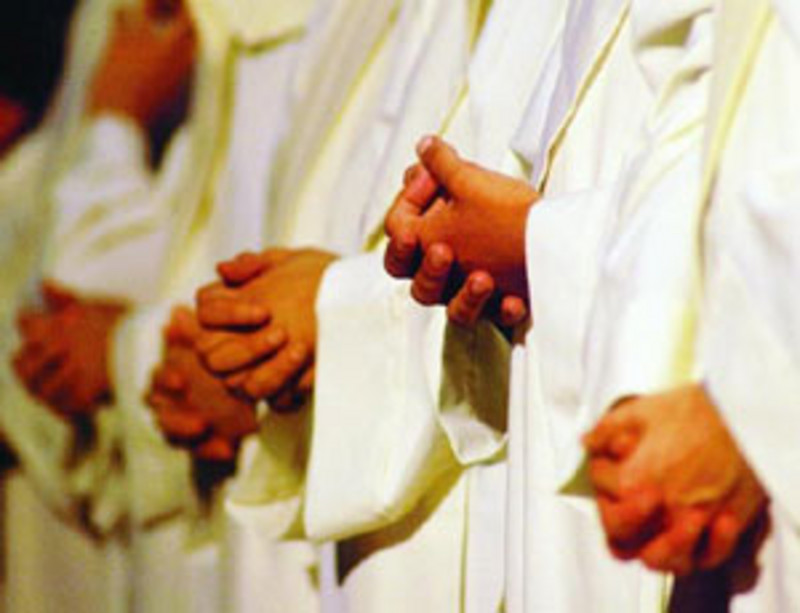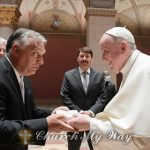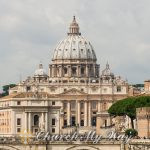The new Our Father comes into effect today: farewell to “do not lead us into temptation”
For the first time since Latin was set aside in the liturgy, believers will have to change their way of praying. At the end of the Sunday ceremony, you will no longer hear “Mass is over, go in peace” but “go and proclaim the Gospel of the Lord” or the ancient “ite missa est”.

From today the new version of the Our Father officially enters into force throughout Italy: for the first time since Latin was set aside in the liturgy, believers will have to change their way of praying, using words different from those they have always been accustomed to. This is the most important novelty of the new Roman missal, the introduction of which has been spoken of for over ten years.
After the “forgive us our debts” we will have to add “as we forgive them” to our debtors. A small but significant change. The change that theologians have been discussing for a long time, however, is found later in the prayer that was recited, for the first time, by Jesus Christ himself. The “do not lead us into temptation”, considered “out of tune” for decades because God would not induce the believer to fall into error, disappears forever. Pope Francis himself wanted the text, in force from today, to be modified with a clearer “do not abandon us to temptation”.
Today, the first Sunday of Advent for the Catholic Church, other mass parts also change, starting with the introduction rites. The penitential act will begin with “I confess to almighty God and you, brothers and sisters …” and will continue with “And I beg the ever-blessed Virgin Mary, the angels, the saints and you, brothers and sisters …”. The Pope’s will, therefore, was to add a clear reference to women in a liturgy in which the celebrant almost always uses masculine terms.
His mother was killed by his father, the state abandons him: the story of Stefano Truzzi
“Peace to men of goodwill” disappears in glory, replaced with “peace to men loved by the Lord”. The invocations “Lord, mercy, Christ, mercy” are then replaced by the corresponding in Greek: “Kyrie Eleison, Christe Eleison”. The Lord was invoked with “remember all present”, but this will never happen again. The new phrase is “Remember all those gathered here” because the faithful are not simply present at the mass, but all those gathered in the name of Christ. The Eucharistic Prayer of Reconciliation also changes: “he took the chalice of wine and once again gave thanks” becomes “he took the chalice filled with the fruit of the vine”.
When, at the end of the pandemic, the faithful will once again be able to shake hands in church, they will no longer hear “exchange a sign of peace” but “exchange the gift of peace” and the consecration also changes: “Behold the Lamb of God, behold the one who takes away the sins of the world. Blessed are the guests at the Lamb’s supper ”replaces“ Blessed are the guests at the Lord’s supper ”.
Finally, it will never again be heard “Mass is over, go in peace”. Priests can choose between two options: “go and proclaim the Gospel of the Lord” or “Ite, missa est”, the ancient Latin phrase. Today, in short, a piece of Church history is being made.
reference: google news, wikipedia



